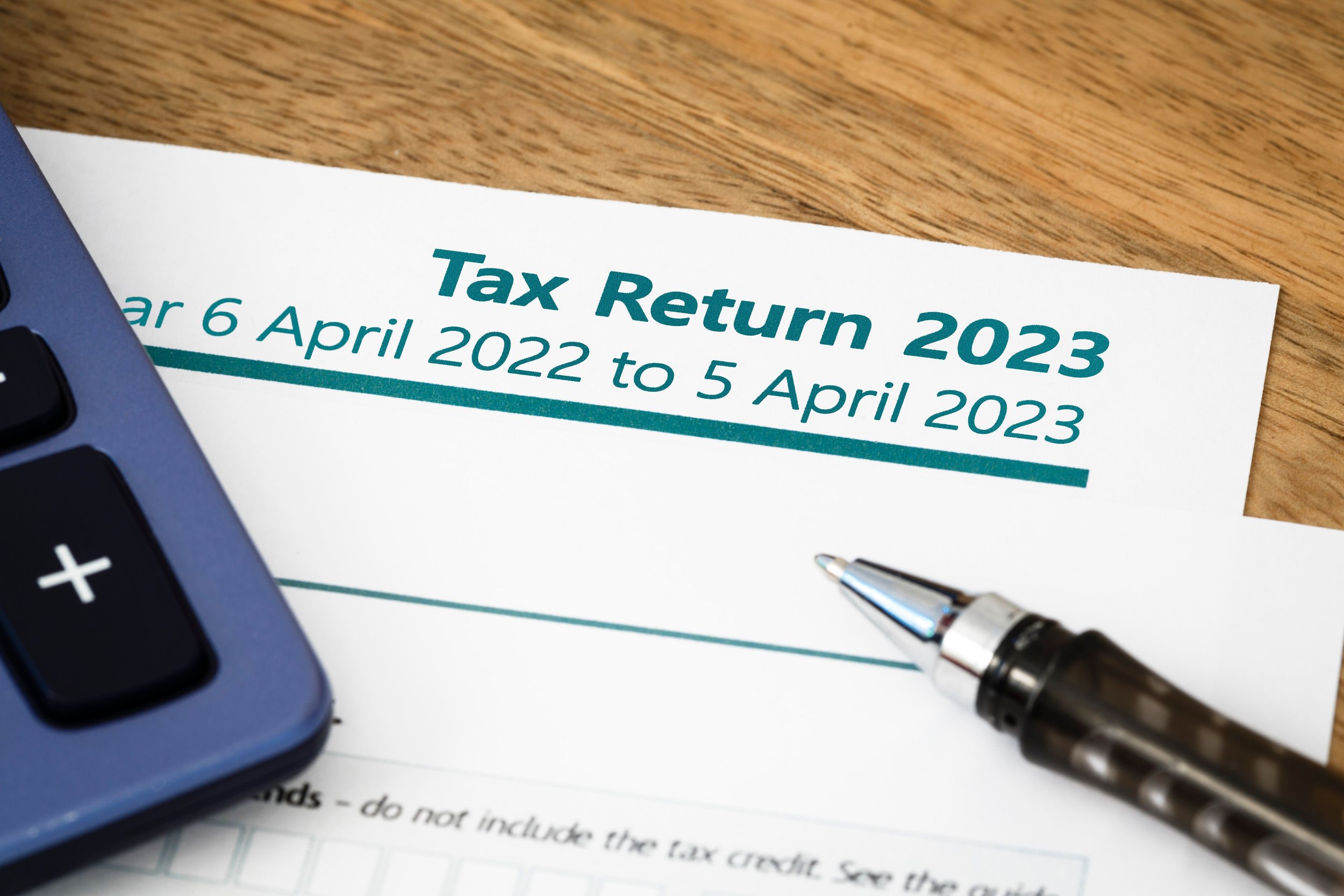Gearing Up for Tax Season: A Small Business Guide to Self Assessment Preparation
Tax return season is a significant milestone for all businesses, especially for small to medium-sized enterprises. With the self-assessment tax return deadline approaching in just under four months, now is the time to start preparing, if you haven't already.
By getting ahead of the curve, you can avoid the last-minute rush, reduce the risk of errors, and ensure you take advantage of any tax reliefs or allowances. Here’s a practical guide to help you navigate this crucial period.
The self-assessment system is HMRC's way of collecting income tax. Business owners, freelancers, and the self-employed typically need to complete a self-assessment tax return each year. The process can seem daunting, but with the right preparation, it becomes much more manageable.
The key to a smooth tax return process is to start early. This gives you ample time to gather the necessary documentation, seek professional advice if needed, and carefully review your return for accuracy.
Checklist for Preparing Your Self Assessment:
Organise Your Financial Records: The foundation of a correct and complete tax return is accurate financial records. Ensure you have detailed income and expenditure reports, bank statements, and any other financial documents related to your business activities.
Identify Allowable Expenses: Certain business expenses can be deducted from your income to reduce your taxable profit. Familiarise yourself with allowable expenses like office costs, travel costs, staff salaries, and more.
Review Your Annual Accounts: If you run a limited company or partnership, ensure your annual accounts are up to date. These accounts offer a snapshot of your business's financial health and are crucial for tax calculations.
Determine Your Taxable Income: Calculate your total income for the year. Deduct any allowable expenses to determine your taxable income. Remember to account for every revenue stream if you have multiple sources of income.
Utilise Available Allowances: Ensure you're aware of any tax-free allowances you qualify for. These can significantly reduce your tax bill. Examples include the personal allowance, dividend allowance, and others.
Prepare for Payment: Once you’ve calculated your tax liability, start setting aside the necessary funds. Remember, late payments can lead to penalties, so it's essential to be prepared.
Seek Expert Advice: If you're unsure about any aspects of your tax return, consult with an accounting professional. They can provide clarity, ensure your return is accurate, and might even identify additional allowances or reliefs you're eligible for.
Submit Early: While you have until the end of January to submit, aim to complete your return well in advance. This offers buffer time to address any issues that might arise.
Aside from the obvious advantage of avoiding penalties for late submission or inaccuracies, preparing early for your self-assessment tax return brings several other benefits:
Peace of Mind: Knowing your tax affairs are in order well before the deadline reduces stress.
Improved Cash Flow Management: By determining your tax liability in advance, you can better manage your business's cash flow.
Professional Insights: Early preparation gives you more time to consult with tax professionals, providing deeper insights into your financial position.
If you're feeling overwhelmed by the self-assessment process or are seeking expert guidance, look no further than Intellitax. Our team of dedicated professionals is here to assist SMEs in navigating tax complexities. We'll ensure your tax return is accurate, optimised, and submitted on time. So, why wait? Contact Intellitax today and let us streamline your self-assessment journey.
Nothing on this page is intended to be or should be construed or taken as accountancy, investment, tax or any other kind of advice. We recommend individuals and companies seek professional advice on their circumstances and matters.

